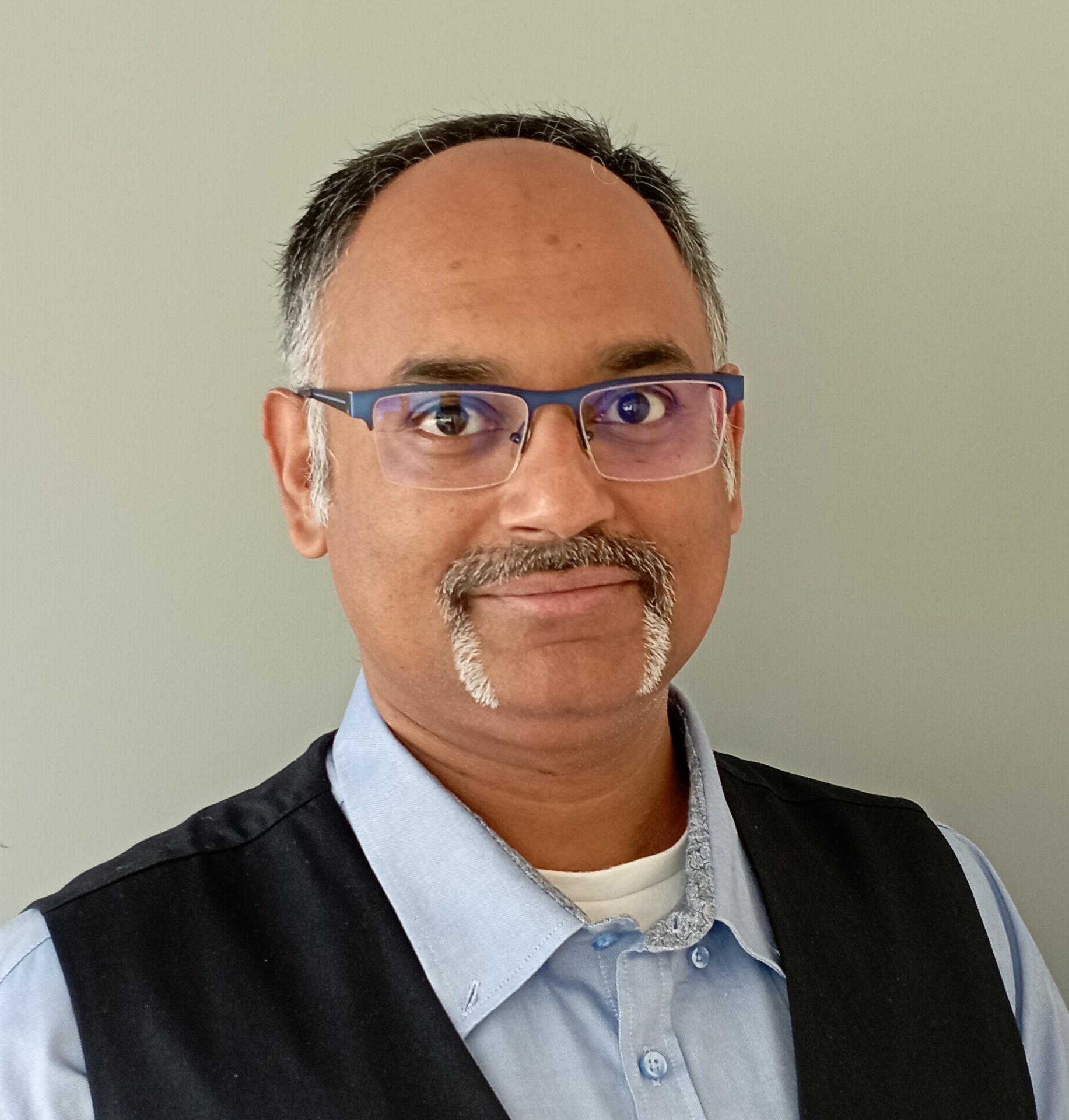Clear, Effective Speech Communication – How Far Are We, and Where Do We Go From Here?
| Where, When, ... | |
|---|---|
| Date | 08.07.2024 |
| Time | 16:00 h |
| Place | Building C, 3rd floor, room "Kolloquium" |
Abstract
 Effective communication needs to be clear, unambiguous, and timely. A main goal of audio and speech processing is to overcome barriers that impede this. This is a long-standing quest and, as technology continuously evolves, it will continue to interest and engage signal processing engineers for generations to come.
Effective communication needs to be clear, unambiguous, and timely. A main goal of audio and speech processing is to overcome barriers that impede this. This is a long-standing quest and, as technology continuously evolves, it will continue to interest and engage signal processing engineers for generations to come.
In this talk I will first link the different research pillars in speech processing to the communications problem and show how they are inter-connected. Next, I will briefly touch upon the key state-of-the-art in the different areas, contrasting how today’s data-driven methods compare to the classical, knowledge-based approaches of the (recent) past. Finally, I will share my thoughts on how I see the field evolving and what the future could hold.
The overall aim of the talk is to give a glimpse into the technical details of the marvels of speech technology today, without the expectation of more than a layman’s knowledge of the field on the part of the audience. Consequently, I will include several audio demos that, I hope, will pique the audience interest and lead to engaging discussions.
Short CV
Nilesh Madhu is professor for audio, speech and signal processing at Ghent University, Belgium.
He was granted his Dr.-Ing. degree (summa cum laude) from the Ruhr-Universität Bochum in 2009. His dissertation was on algorithms for the localisation and separation of acoustic sources using microphone arrays. Following this he was awarded a Marie-Curie fellowship for a two-year postdoctoral stay at the KU Leuven, Belgium, where he gained expertise in the fields of hearing prostheses and biomedical signal analysis. During his industry tenure at NXP Semiconductors, Belgium, he held the position of principal scientist and resident genius (sadly, not an official title), within the product line Mobile Audio Solutions. He and his team worked on developing beyond state-of-the-art algorithms for audio and speech enhancement in mobile devices. These algorithms have since been successfully deployed on several flagship models of major smartphone OEMs.
At UGent, he leads a young team of keen, motivated PhD students – something he enjoys, as it allows him to explore various applications in the fields of communications, healthcare and automation.
